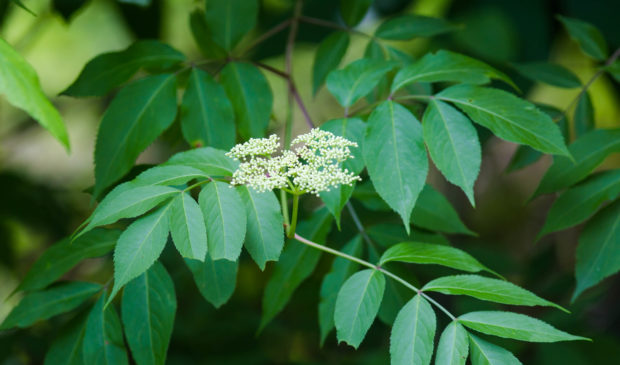New expansion plan helps food forest put down roots
Wednesday, December 1, 2021 by
Jackie Ibarra Just across Interstate 35, tucked away from the busy streets and towering skyscrapers of downtown Austin, is a small green oasis called the Festival Beach Food Forest. Visitors can walk the trails just off Lady Bird Lake, picking – and eating – fresh fruit and vegetables along the way.
According to a new conceptual plan approved by City Council, Austinites may soon have a chance to relax and play in an outdoor pavilion or hone their cooking skills in an outdoor teaching kitchen, as well.
The array of new amenities for the food forest, which were developed by the nonprofit Fruitful Commons with the help of community input, will anchor an expansion of the park, which Council approved in July.
Fruitful Commons previously received a grant and other support from the Parks and Recreation Department’s Urban Forestry Division, to engage with the community and develop designs for the expansion.
The plan includes expanding the food forest located on the west side of the Rebekah Baines Johnson Center, from two-thirds of an acre to 3.5 acres of land.
Along with more acreage, Fruitful Commons plans to include more “innovative elements” such as an outdoor pavilion, a nature play space and a teaching kitchen that will be inside a food truck.
“An outdoor kitchen, community deck and education pavilion will serve as an important anchor for transforming our campus into a community resilience hub,” according to the Festival Beach Food Forest website.
The food forest website and an October memo from the Parks and Recreation Department note that the landscape design was developed with the help of “considerable input” from local residents.
“The design will be simultaneously functional and inviting, and provide many community and ecosystem services,” according to the website.
The expansion will add beams and swales to collect rainwater and support more plantings of fruit trees like lemons, plums, cherries, pears and figs as well as medicinal trees like the Mexican elderberry, which has been traditionally used to help with upset stomachs, fever, sore joints and itches.
“We are proposing an accessible space that will provide more food and medicine for the public,” the website explains.
Fruitful Commons and city staffers have requested an extension until December 2022 to give the city an update on the next phase of the plan.
Download (PDF, 1.36MB)
This story was written by a journalism student at the University of Texas at Austin. The Austin Monitor is working in partnership with the UT School of Journalism to publish stories produced by students in the City and County Government Reporting course.
Photo made available through a Creative Commons license.
The Austin Monitor’s work is made possible by donations from the community. Though our reporting covers donors from time to time, we are careful to keep business and editorial efforts separate while maintaining transparency. A complete list of donors is available here, and our code of ethics is explained here.
You're a community leader
And we’re honored you look to us for serious, in-depth news. You know a strong community needs local and dedicated watchdog reporting. We’re here for you and that won’t change. Now will you take the powerful next step and support our nonprofit news organization?




